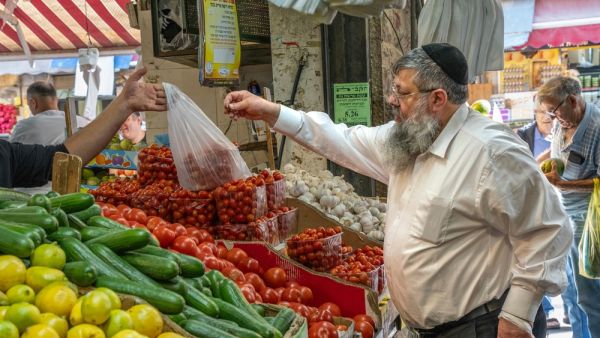ALBAWABA - Jordan has refused to resume tomato exports to Israel following an Israeli Ministry of Health decision allowing imports under strict conditions, Israeli newspaper Ynet reports citing sources in the ministry. The imports were halted earlier last month in response to worries over the presence of cholera.
The dispute began in August when Israel banned Jordanian tomatoes, citing cholera detected in water samples from the Yarmouk River. Jordan took offense at the ban, and sources say the country is awaiting an apology from the Israeli Ministry of Health.
The refusal comes amid political tensions between the two nations, with some suggesting Jordan’s move may also be linked to Israel's aggressions on Gaza and Lebanon. As global demand for tomatoes rises, Jordanian farmers are easily finding alternative buyers, reducing their reliance on the Israeli market, Aljazeera reports.
Israel turned to Jordan for tomatoes after Turkey halted exports due to the ongoing Israeli war on Gaza. In response to the alarming shortage, Israel’s Ministry of Agriculture announced an additional 5,000 tons of duty-free tomato imports until the end of the year. A similar quota in August brought in 2,500 tons, mostly from Poland.
Despite these measures, tomato prices in Israel have continued to rise. Regular tomatoes now sell for 12 to 15 shekels ($3.18-$3.97) per kilogram, while cluster tomatoes range between 25 and 45 shekels ($6.62-$11.92) per kilogram. The price hikes are driven by both the global shortage and reduced local production following an unusually hot summer.
With Israelis consuming around 14,000 tons of tomatoes monthly, domestic production typically meets most of the demand. This year, however, Israel has become increasingly dependent on imports, making it more vulnerable to price fluctuations and supply shortages. Jordan’s refusal to export underscores the fragility of regional trade, particularly during times of political strain and global supply challenges.








